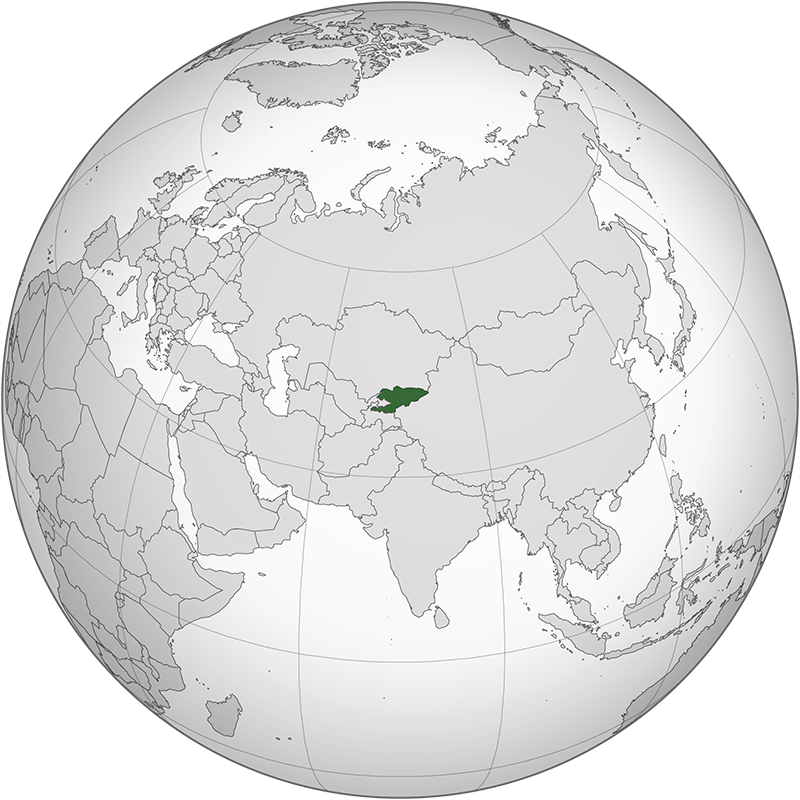(Download entire table dataset)
| Title | Population | Bibles | Resources |
|---|---|---|---|
| Kirghiz | 4,291,100 | 3 | 15 |
| Northern Uzbek | 865,400 | 3 | 42 |
| Russian | 540,900 | 21 | 97 |
| Russian Sign Language | 49,660 | 0 | 1 |
| Crimean Tatar | 38,000 | 2 | 3 |
| Uighur | 37,300 | 6 | 32 |
| Kazakh | 22,400 | 2 | 11 |
| Tatar | 21,000 | 1 | 10 |
| Turkmen | 16,000 | 11 | 46 |
| Northern Kurdish - Kurmanji | 13,000 | 8 | 18 |
| North Azerbaijani | 11,000 | 3 | 31 |
| Korean | 8,500 | 21 | 23 |
| Erzya | 5,560 | 1 | 1 |
| Ukrainian | 5,400 | 11 | 19 |
| Tajik | 5,000 | 6 | 14 |
| Dargwa | 2,500 | 1 | 3 |
| Lezghian | 2,400 | 2 | 5 |
| Turkish | 2,000 | 9 | 346 |
| Karachay-Balkar | 2,000 | 1 | 8 |
| German | 2,000 | 32 | 22 |
| Chechen | 1,500 | 1 | 4 |
| Kara-Kalpak | 1,270 | 2 | 15 |
| Western Armenian | 1,140 | 2 | 2 |
| Northern Pashto | 590 | 4 | 31 |
| Uzbeki Arabic | 430 | 0 | 0 |
| Ili Turki | 260 | 0 | 0 |
| Kalmyk | 0 | 1 | 4 |
| Talysh | 0 | 0 | 4 |
| Domari | 0 | 0 | 3 |
| Iranian Persian | 0 | 8 | 69 |
| Kabardian | 0 | 1 | 4 |
| Georgian | 0 | 6 | 7 |
| Mandarin Chinese | 0 | 46 | 104 |
| Bulgarian | 0 | 13 | 7 |
| Belarusian | 0 | 6 | 7 |
| Bashkir | 0 | 3 | 5 |
| North Mesopotamian Arabic | 0 | 2 | 4 |
| Dungan | 0 | 1 | 3 |
100 / 38






